Bad Habits to Avoid If You Want Healthy Teeth and Gums
As humans, we are regularly developing habits, whether good or bad. Unfortunately, bad habits are quite common, and a lot of...
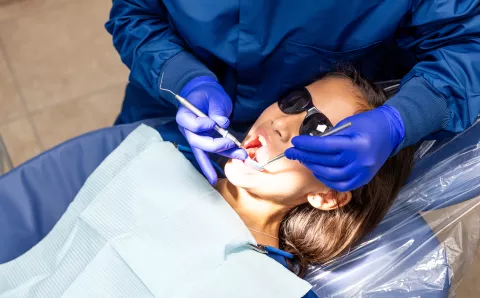
As humans, we are regularly developing habits, whether good or bad. Unfortunately, bad habits are quite common, and a lot of...

It's important to see your dentist at least once a year for...

Welcome to a new year! As we kick-off 2024, it’s the perfect time to reflect on our health and set resolutions for a better...
Diabetes is a health condition that affects many areas of the body including the heart, kidneys, nerves and eyes. Because people...

Vampires, those mythical, undead creatures that have captured our imagination for centuries, are often depicted with sharp...
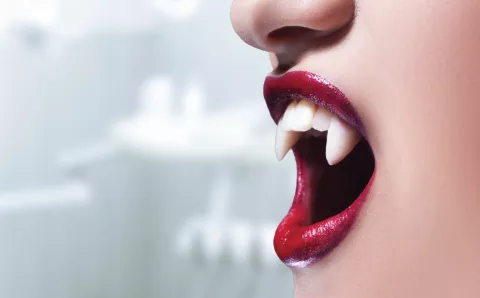
It's that time of year again when spooky tales and ghostly legends fill the air. But did you know that even your teeth have a...
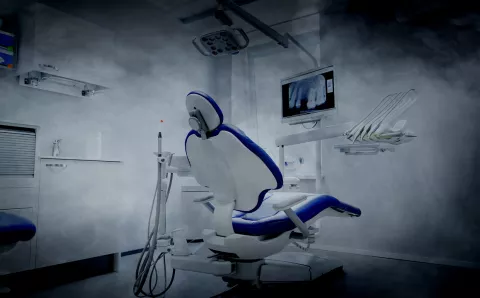
Did you know that stress can affect your oral health? A Canadian study found that people with perceived psychological stress...
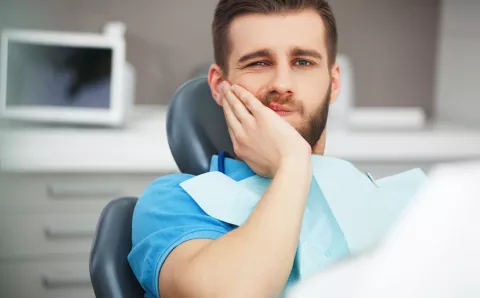
The Keto diet is a popular weight loss diet that is low in carbohydrates and high in fat. It works by causing your body to burn...
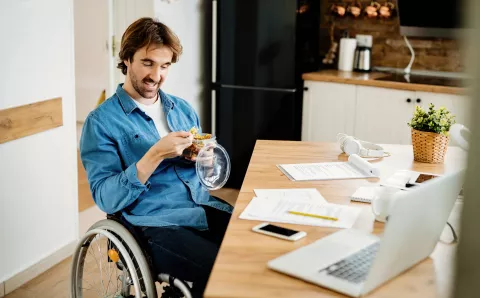
Pregnancy and its associated hormonal and bodily changes can alter your body's chemistry, which may affect your oral health. The...

During an eye test, your eye specialist will use medical instruments and bright lights to look into your eyes. During a yearly...
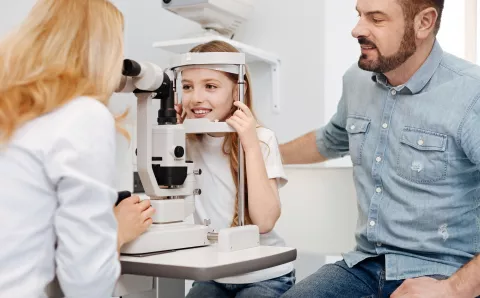
© 2024 Advantage Dental Oral Health Center. All rights reserved | Internet Privacy Policy | Patient Privacy Policy | Terms of Service | Security
Gary Allen, DMD, Advantage Dental Group, P.C. | James Thommes, DDS, Advantage Dental Oral Health Center Of Massachusetts, P.C.; Advantage Dental Oral Health And Vision Center Of Alabama, P.C.; Advantage Dental Oral Health Center Of Oklahoma, P.C.; Advantage Dental Oral Health Center Of Texas, P.C. | Cory White, DMD, Advantage Dental Oral Health and Vision Center Of Alabama, P.C. | John Clasen, OD, Advantage Dental Oral Health and Vision Center Of Alabama, P.C. | Neil Williams, DMD, Advantage Dental Oral Health Center Of Florida, PA
